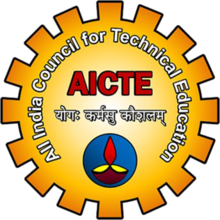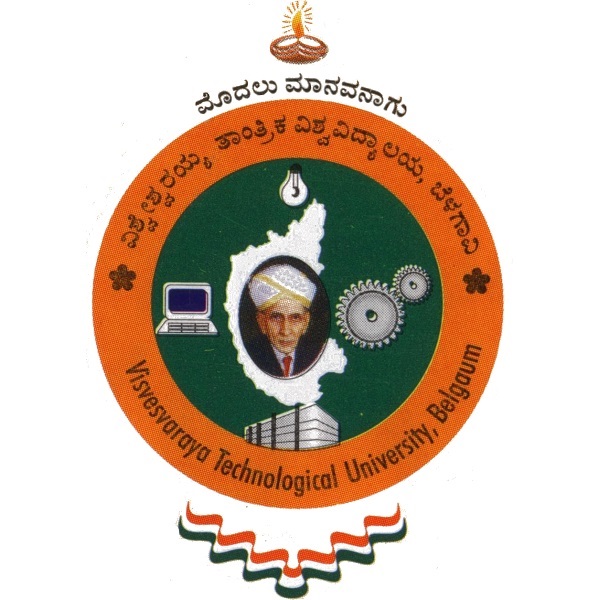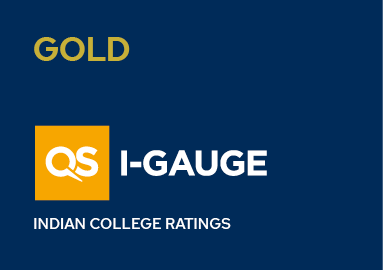Department of Medical Electronics Engineering
About Department
The department of Medical Electronics was established in the year 1999, with a sanctioned intake of 30. Our Vision is to provide a holistic training through which the students nurture innovative ideas and contribute in the design and development of medical devices for the benefit of the society. The department has highly qualified and well experienced faculty and skilled technical staff. The focus research areas are Biomedical signal processing, IOT in health care, Medical Imaging and Developing Medical Devices.
The medical electronics industry is witnessing an exponential growth because of the huge growth in Health Care industry. The current affordability and accessibility of the products in medical technology to the large Indian population is restricted because of the high cost of import. The current focus is to domestically manufacture the equipments to suit the Indian patients and Indian economy. The presence of A class hospitals in all tier II & III cities doubles the need for affordability and accessibility. Medical Electronics is now under global focus as the health care industry must reach a population with diverse economy in any region.
The medical electronics industry includes personal medical devices, bio-physical monitoring, life support systems, implants, bionics in rehabilitation of physically challenged, embedded technology in neurosciences, Cardiac Sciences. Now Telemedicine and e-health is gaining potential which can usher in a revolution in taking the healthcare to rural areas.
Medical Electronics engineers are the one who design devices and measures that solve medical and health-related problems by combining their knowledge of biology and medicine with engineering principles and practices. Many do research, along with life scientists, chemists, and medical scientists, to develop and evaluate systems and products such as artificial organs, prostheses (artificial devices that replace missing body parts), instrumentation, medical information systems, health management and care delivery systems. In Medicine and engineering the research is multidimensional be it robotic surgery, telemedicine, artificial organs and implants, 3 D printing of organs, the imaging and diagnostic process, patient data mining and predictive analysis, deep learning, establishing standards for medical data communication, data security, mobile health and etc. The students can take up their education to a higher research based on their interest in any of the allied fields.
This is the era of Internet of Things. Current technological ecosystem and infrastructure offers The "Internet of things" (IoT) is becoming an increasingly growing topic of conversation both in the workplace and outside of it. It's a concept that has the potential to impact how we live and track health. Medical Electronics plays an important role in making IoT more meaningful. With growing demands in wearables and connected medical device industry, a medical electronics engineer has several opportunities to pick from including clinical engineering, wearable device innovation, medical device integration engineer, medical device regularity and compliance engineer and so on.
A medical electronic engineer finds immense possibilities and multiple avenues in terms of employment opportunities in medical equipment manufacturing companies, sales & service sector of medical devices, IT companies which deal with medical software. Biomedical Engineer in hospital is another area where there is an unlimited demand.
The department has obtained an international patent in artificial kidney in the year 2008. And has applied for three Indian patents on medical devices in the year 2018. The department has received an amount of Rs. 25 lakh as grant from AICTE towards the modernisation of labs AICTE MODROB scheme.
Vision
To be a part of the fast changing medical devices industry in India and help India raise to the status of a global leader in health care
Mission
- To promote education and research that blends engineering and medicine
- To nurture and motivate younger generation to innovate and to realize an affordable
technology for the larger Indian population.








